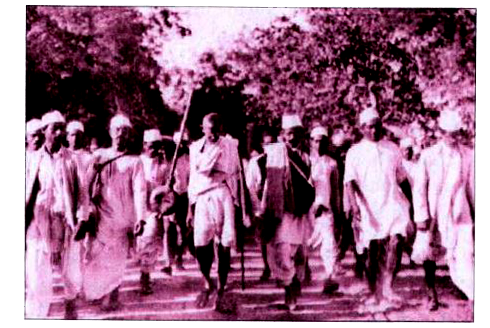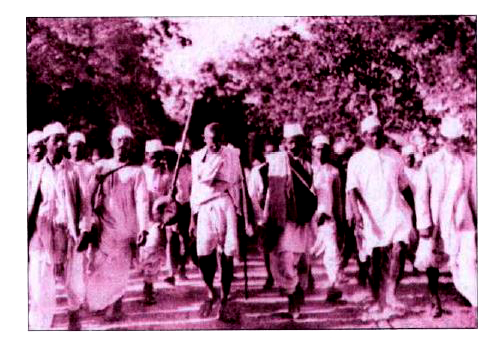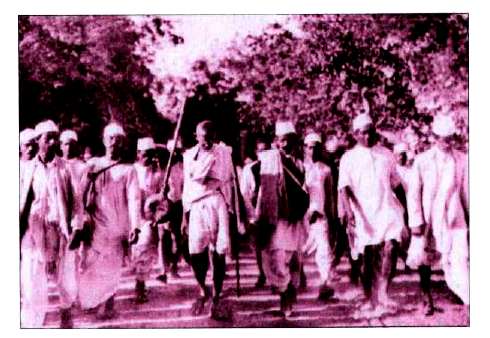In 1930 Mahatma Gandhi's demands were rejected by the British, as a result of which he launched the Civil Disobedience Movement. In this context explain the following:
Significance of the Second Round Table Conference

Significance of the Second Round Table Conference (September 7 to December 1, 1931) : It was attended by Gandhiji as a sole representative of the Congress, according to the terms of the Gandhi-Irwin Pact of 1931. The conference was soon deadlocked on the minorities. issue, with separate electorates being demanded not only by the Muslims but also by the Depressed classes, Indian Christians, Anglo-Indians and Europeans. The question of independence or setting up of a responsible government receded into the background. The British Government refused to concede the immediate grant of dominion status. Gandhiji returned to India disappointed. The conference give no substantial results regarding India.s constitutional future.
Similar Questions
In 1930 Mahatma Gandhi's demands were rejected by the British, as a result of which he launched the Civil Disobedience Movement. In this context explain the following:
The Gandhi-Irwin Pact as a consequence of this Movement.

View SolutionIn 1930 Mahatma Gandhi's demands were rejected by the British, as a result of which he launched the Civil Disobedience Movement. In this context explain the following:
Name the famous march undertaken by Gandhiji. Where did he begin this march ? State two of its features.

View Solution
Knowledge Check
The issue on which the Civil Disobedience Movement of 1930 was launched was
AEqual employment opportunities for IndiansBThe proposed execution of Bhagat SinghCSalt monopoly exercised by the British GovermentDComplete freedomThe Civil Disobedience Movement was launched by Mahatma Gandhi in
A1928B1930C1931D1922In 1930, Mahatma Gandhi started Civil Disobedience movement from:
ASevagramBDandiCSabarmatiDWardha
With reference to the National Movement from 1930 to 1947, answer the following:
What was the significance of the Second Round Table Conference held in 1931 ?
View SolutionWhy did Mahatma Gandhi relaunch the Civil Disobedience Movement with great apprehension? Explain.
View SolutionThe Civil Disobedience Movement was significant in the history of the National Movement. In this context write
The Second Round Table Conference
View SolutionWhy did Mahatma Gandhi decide to call off the Civil Disobedience Movement? Explain.
View SolutionWho attended the second round table conference with Mahatma Gandhi?
View Solution
